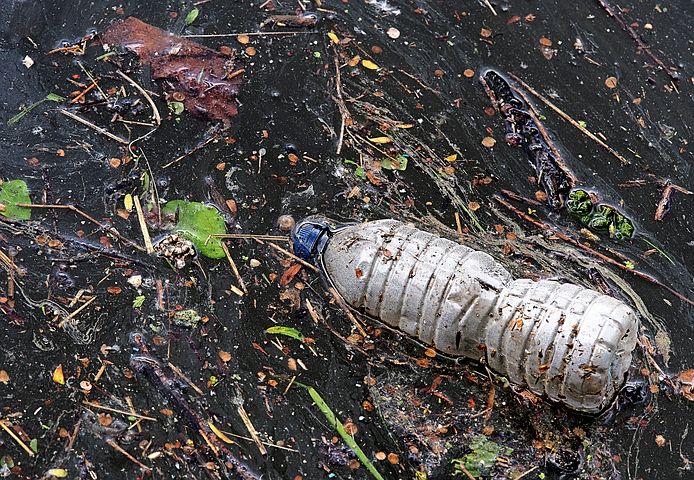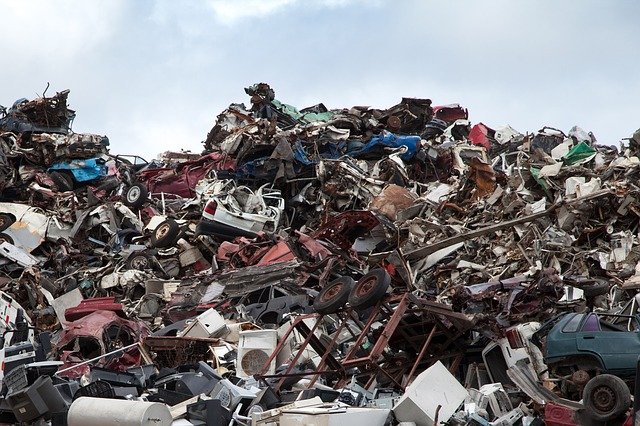

Packaging and food waste are some of the most common things in your daily life that you recycle. Paper, plastic, and glass are processed for repurposing, while food scraps make for composting that enriches soil while helping reduce landfill emissions. But what happens to old clothes?
Most people donate their old clothing or throw it away in the trash if it’s torn or excessively worn out. However, old clothes can be recycled, providing significant waste reduction and offering valuable materials to many industries.
Clothing recycling rarely receives the attention it deserves, and getting the word out can make a difference.
Contents
Why Recycle Your Clothes?
Recycling your clothes helps reduce waste in landfills and protects the environment (and human health) from toxic chemicals contained in clothing.
How Much Do Clothes Contribute to Landfills?
In the United States, as much as 85% of textiles end up in landfills or are incinerated. Much of that discarded clothing comes from retailers that throw away leftover stock once new items come in for the upcoming season. This adds up to millions of tons of fabric waste that burdens landfills and requires thousands of manhours to process.
Effect of Discarded Clothes on the Environment
The materials that make up your clothing can take anywhere from a year to over two centuries to decompose. Shirts, dresses, shoes, boots, jackets, belts, hats, and many other items contain a variety of chemicals that are used in their production. That’s why it’s vital to purchase clothing items from manufacturers that utilize strict chemical testing of their clothing products.
While recycling your clothes is always best, if you do decide to donate or throw out your old clothing, it’s essential to know that these items don’t contain substances that will burden the environment with their toxicity. The runoff from landfills can make its way into groundwater while also affecting wildlife in the area.
The Recycling Process
The clothing recycling process starts by collecting clothing from households and sorting it into categories based on their material composition. Some clothing items contain plastic, leather, or wooden parts that need removal. Once the fabric is separated, it is converted into fiber that is used in anything from carpets and furniture to material for the auto industry.
Most clothing can be recycled, as long as the item is clean and dry. This includes other fabrics as well, such as bedding or furniture cases.
Most of the clothing that is recycled does not actually end up being turned into new clothing. This is partially due to the fact that many clothes are made from fabric using blended components like labels, zippers, or threads made of different materials. Sorting these textiles to be recycled can be slow.
One thing you can do to help make sure your clothes are recycled is to remove things like buttons or zippers before recycling. New technologies like hyperspectral cameras are also being developed to help sort fabrics more efficiently.
Doing Your Part
Luckily, recycling your clothes is something you can do without much effort.
Start by donating any items in good shape that you don’t plan on wearing. Organizations such as the American Red Cross, The Salvation Army, and local homeless shelters are all places that will gladly accept your clothing items.
If you’re into gardening, you can create a composting heap where old cotton shirts can contribute to rich soil for your crops. You can also seek out a clothing recycling program in your area or make an effort to take your old items to a recycling bin in a nearby town.
Creating a healthier environment through sustainable practices isn’t only about sweeping changes on the national and international levels. Small changes in our daily behavior can add up to huge gains that end up overshadowing even the most ambitious government policies. Clothing recycling is one of these changes.



